In 2018, news that 11 rhinos had died in a botched translocation in July that year caused an uproar among Kenyans who wanted to know what happened.
Nature lovers were angered that these odd-toed ungulates died so soon after the only surviving Northern White Rhino male christened Sudan died of old age in March 2018 dealing a blow to the continuation of the speci1+es’ lineage.
Scientists had tried to breed the grazers but the efforts failed to yield expected results.
Terrorism and tragedy
However, there is some good news in that a relative of Sudan –the black rhino-still lives. Efforts to ensure that the ungulates do not become extinct are underway to preserve a heritage that is waning.
And in comes Project Ngulia which formally began in September 2014. Conceived much earlier by Johan Bergenäs in 2010, Project Ngulia was an opportunity born out of terrorism and tragedy.
Bergenäs, who then worked for the Stimson Centre (an American think tank based in Washington DC) started a project on border protection in East Africa. The project was concerned with general security in East Africa, spurred by the rise of Al Shabab.
At the time, proceeds of illegal wildlife trade were believed to be used to fund the radicalisation and militarisation. It was thought that there was a link between rhino horn and ivory trading and terrorism. As such, cutting illegal funding sources would slow down terrorist activities and thus enhance security and peace in the region.
In 2013, the Kenya Wildlife Service (KWS) gave the Kenyan government and the Stimson Centre a location to pilot a rhino protection project. Ngulia Rhino Sanctuary, located in the Tsavo West National Park was proposed.
Professor Fredrik Gustafsson and Linköping University (LiU) were invited by the Stimson Centre in January 2014 to take part in a technical feasibility study to figure out how technology could be deployed to augment rhino protection and thus curb poaching.

In September 2014, KWS and Stimson with LiU as partner signed a Memorandum of Understanding (MOU) to develop and deploy technology in the Ngulia Rhino Sanctuary.
The Stimson Centre then contracted iHub Consulting to carry out a design thinking process to determine what the project should entail as well as the best approach to deploy the technology.
Thermal cameras, Bluetooth trackers and long-range radar
This process ended in late 2014 and established that before any high-end technology could be deployed in the sanctuary, it was necessary to digitise the workflow of the rangers in the sanctuary via a mobile phone app. This would feed reports to an online dashboard for KWS Management.
Subsequently, other technology such as sensors (thermal cameras, Bluetooth trackers and long-range radar) could then be added to create a comprehensive system that supplements the Rangers’ work, making the “boots on the ground” even more effective.
In 2015 January, two IT companies, iHub in Nairobi and HiQ in Linköping, started a collaboration to develop the software platform for the project. 2015 September saw the first version of the app released, and about 50 smartphones handed out to the rangers in Ngulia.
Because the app required a stable internet connection to function, and network connectivity in Tsavo West was poor, Project Ngulia approached Airtel Kenya to help improve the network.
In early 2016, Airtel and Nokia upgraded the hardware at the nearest base station which provided nearly 90% 3G coverage to the Ngulia Sanctuary.
Airtel also donated SIM cards which they top up monthly with an internet + voice + data bundle that allows the project to continue to run smoothly.
From 2015 September to late 2016, the first version of the mobile app was tested and improved. Continuous training in using the app was carried out for rangers in Ngulia by iHub Consulting, HiQ and LiU. Simultaneously, the online dashboard was developed and refined.

In the meantime, led by Prof Gustafsson at LiU, the project began to develop a Bluetooth tracker and explore other non-invasive options for wildlife monitoring. His work has been greatly aided by the Kolmården Wildlife Park, located in Sweden that allows the project to use its Savannah area to carry out research and testing.
In 2017 January, the Kolmården Foundation (KIS), the fundraising arm of the Kolmården Wildlife Park, increased its support to Project Ngulia, by donating 25 new smartphones and co-funding a new version of the app and dashboard. The partnership with iHub Consulting was also terminated at around this time and HiQ are now solely responsible for the software development. Courtesy of KIS’ support, Version 2 of the mobile app and management dashboard were presented to the rangers in Ngulia in 2017 March.
The workflow of the Ngulia Rhino Sanctuary is now fully digitised, which has greatly enhanced the command, control and communication functions as well as species monitoring. The second version of the app is constantly being tested and refined, and monthly support in using the app and dashboard continues for KWS staff in Ngulia.

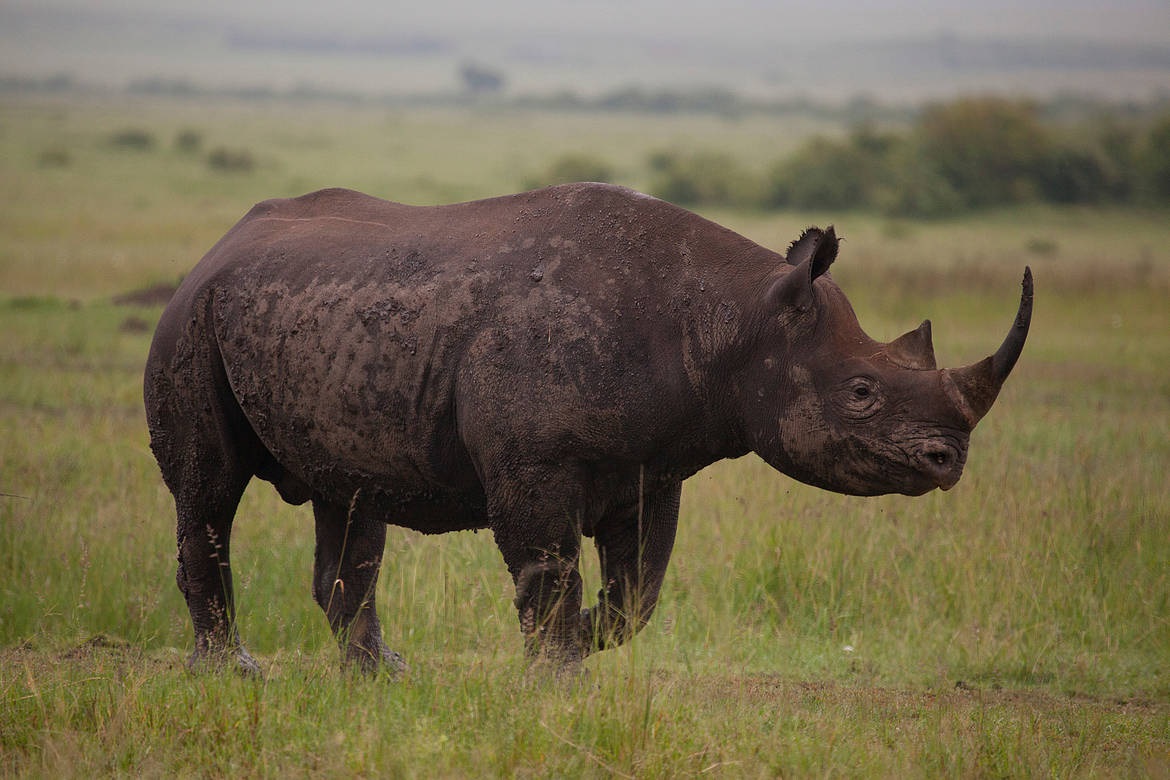
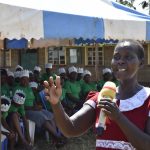


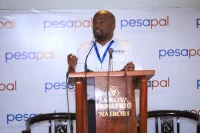

![President William Ruto during the launch of Climate WorX in Nairobi. [Photo/PCS]](https://businesstoday.co.ke/wp-content/uploads/2024/10/President-William-Ruto-during-the-launch-of-Climate-WorX-in-Nairobi-1-e1727761613802.png)
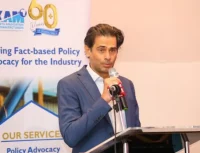
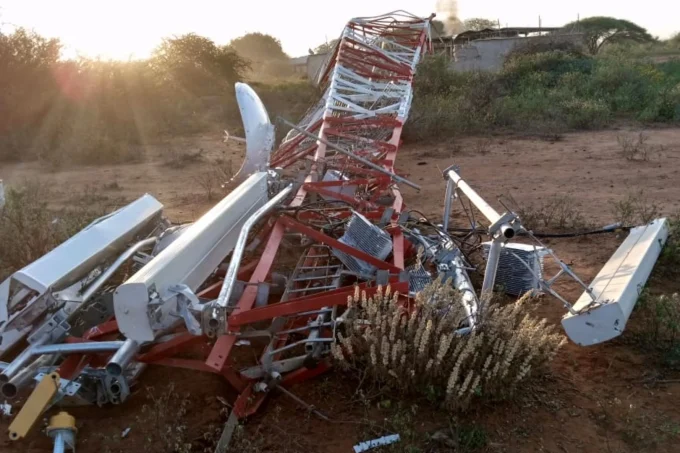

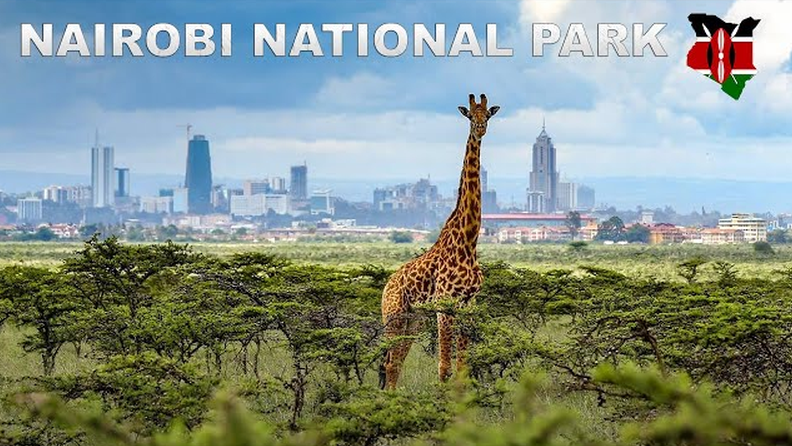

Leave a comment